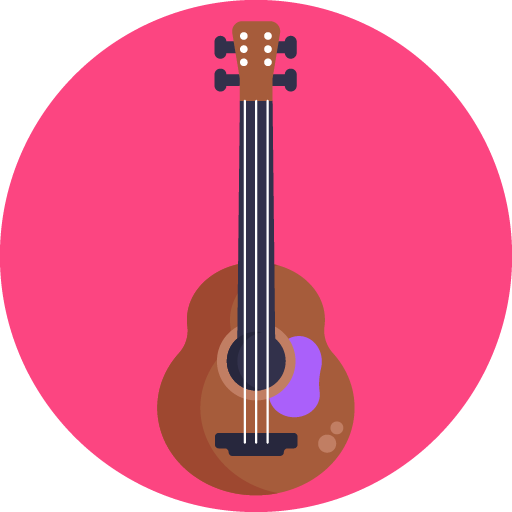You pick up your ukulele or guitar almost every day.
You follow tutorials.
You try new chords.
You’re not lazy — and yet… your playing sounds the same. Stuck. Flat. Frustrating.
If that sounds familiar, you’re not alone — and there are reasons behind this plateau.
Let’s unpack why progress might be hiding from you — and how to bring it back.
1. You’re Practicing, But Not Focused Practicing
Repetition isn’t enough.
If you’re just running through the same chords without a plan, your brain is tuning out. Instead of building skill, you’re building habit — and not necessarily a good one.
Try this instead:
- Set a mini-goal for each session.
Example: “I’ll clean up my transitions between G and C today.” - Use a timer.
Fifteen minutes of focused work beats an hour of wandering.
2. You’re Avoiding the Hard Stuff
We all do this.
You master a strumming pattern or a melody, and then… you play it every day. Comfort zone.
But growth lives outside of that zone.
Ask yourself:
When was the last time I struggled while playing?
If the answer is “I don’t remember,” it’s time to challenge yourself again — a tricky barre chord, a faster tempo, something that makes your fingers think twice.
3. You’re Playing, But Not Listening
Good musicians don’t just play — they listen deeply. To rhythm, to tone, to silence between notes.
Here’s a quick experiment:
Record yourself.
Then listen back — no judgment, just observation.
You’ll start to hear where your timing slips, where your strumming gets muddy, where your progress is actually hiding.
4. You’re Comparing Instead of Noticing
You scroll online, see a 12-year-old effortlessly fingerpicking folk tunes, and suddenly feel small.
But improvement isn’t about being the best — it’s about being better than you were last week.
Replace comparison with observation.
Notice:
- What used to be hard but now feels natural
- A song you couldn’t play two months ago — but now can
- How your fingers move with less tension
So… What Now?
Improvement isn’t magic — it’s small, intentional steps.
It’s recording your progress, setting micro-goals, and staying just a little uncomfortable.
And most importantly — it’s remembering why you picked up your instrument in the first place:
For the joy.
For the sound.
For the feeling of music flowing through your hands.
Keep playing. But more than that — keep listening.
